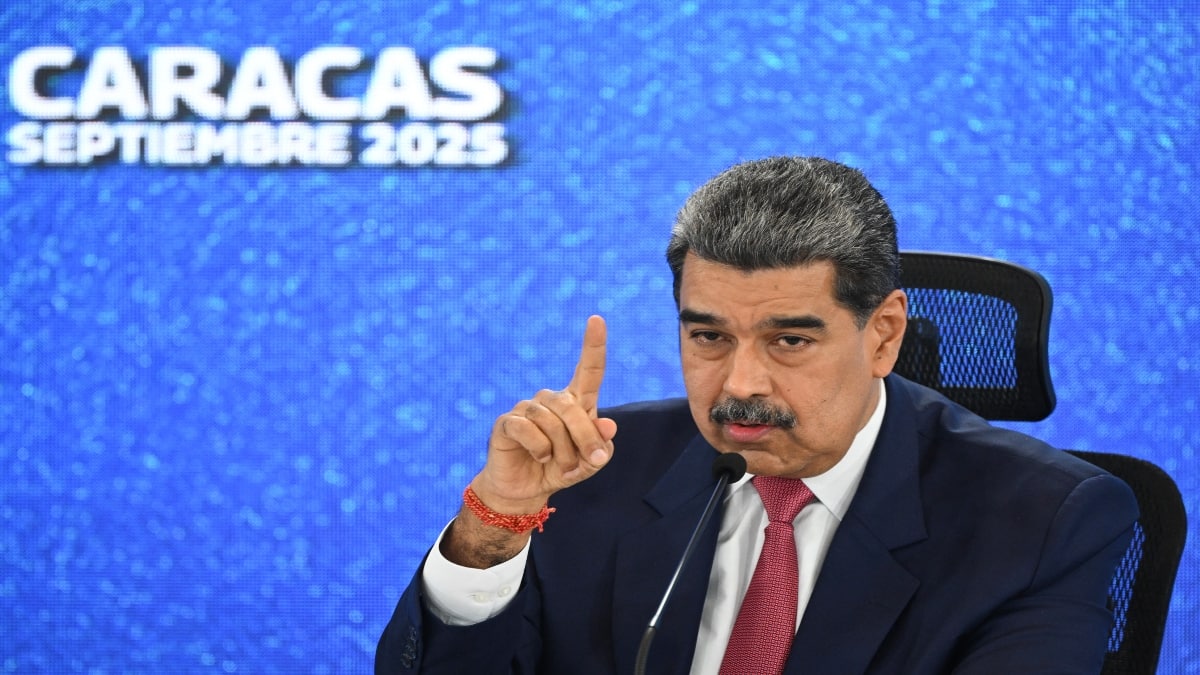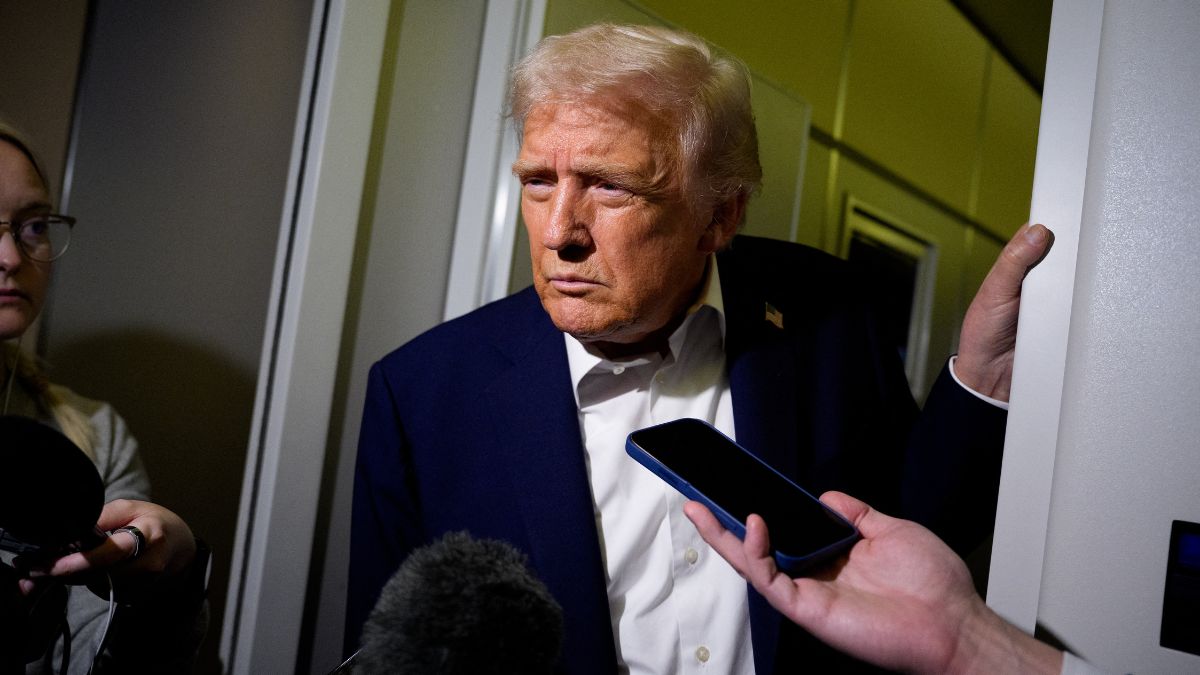Irish voters looked set to have elected left-winger Catherine Connolly to be the country’s new president, after her only rival conceded defeat Saturday in a contest marred by unprecedented spoilt voting and low turnout.
After hours of counting following Friday’s ballot, Connolly, an independent, was on course for a landslide victory, prompting the centrist Fine Gael party’s candidate Heather Humphreys to congratulate her on “becoming the next president of Ireland”.
But the apparent win by 68-year-old Connolly was marred by a record number of spoilt ballots and other voters failing to turn up, amid frustration at the lack of right-wing options and issues including immigration and crime.
A lawyer and outspoken critic of both the United States and European Union, Connolly’s election to a role with limited political power could nonetheless herald an era of increased friction between Ireland’s largely ceremonial presidency and government.
Her victory marks a sharp shift in Irish politics, even though the presidency is largely ceremonial. Analysts say tensions could emerge between Connolly and the centre-right government, given her outspoken views on foreign policy and social issues.
Connolly will succeed Michael D. Higgins for a seven-year term at Áras an Uachtaráin. She has pledged to respect the limits of the office while using her platform to promote equality and social reform.
Critics warn that her anti-Nato stance and harsh comments on the US and UK could strain Dublin’s diplomatic ties. Still, supporters see her win as a symbol of public discontent and a call for change within Ireland’s political order.
Impact Shorts
More Shorts‘Disastrous’
Connolly, a lawmaker since 2016 and supported by left-wing parties including Sinn Fein, had surged ahead in opinion polls in recent weeks.
“She speaks for the regular person,” Una Corcoran, 62, told AFP after voting in Connolly’s home city of Galway, western Ireland.
Some predict the charismatic anti-Establishment figure’s stridently left-wing views on foreign policy, social justice and housing could cause friction with the government.
Irish-language-speaking and, like many in Ireland, vehemently pro-Palestinian and in favour of reunifying the country with the UK territory Northern Ireland, she has voiced unease at Europe’s growing military spending.
Political analyst Pat Leahy called her election a “disastrous day” for the two parties currently governing.
“How she navigates the relationship with a government she so clearly believes is pursuing the wrong policies now brings a new uncertainty – and possibly conflict – into Irish politics,” he wrote in the Irish Times.
Trinity College Dublin politics professor Lisa Keenan said the left-wing unity behind Connolly signals parties on that flank have serious hopes to “end the dominance” of Fine Gael and Fianna Fail.
Their ultimate aim is to “exclude them from government for the first time in the history of the state”, she noted.
Sinn Fein leader Mary Lou McDonald hailed the result as showing the “potential for an alternative… beyond the old politics”.
“It is certainly my hope and desire that we can drive this politics of optimism, of hope, of activism from the grassroots forward.”
But Keenan, the politics professor, said the record low turnout and spoilt ballots also demonstrated “a large segment of the electorate was extremely dissatisfied with the range candidates on offer” and “a lacklustre campaign”.
With inputs from agencies


)

)
)
)
)
)
)
)
)



